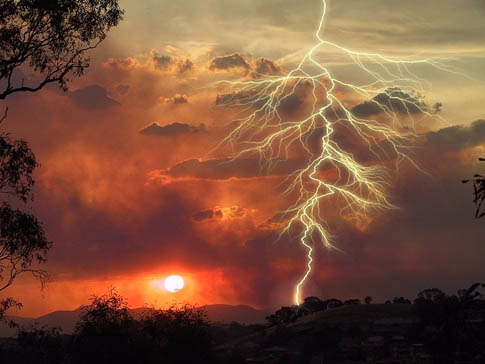Stephen Greene
English 48B
March 10, 2011
Journal #26, David S. Reynolds
 "Whitman fastened to the word 'kosmos'. ...[I]t pictured nature not in chaos or conflict but as a source of calmness, always in equilibrium, with humans as the acme of creation. ...The infinite diversity but ultimate order suggested by the notion of cosmos is what made the word meaningful to Whitman. ...For Whitman as for Humboldt, 'cosmos' signified both the order of nature and the centrality of human beings. Humboldt said he wished to present nature not only in its 'external manifestations' but 'its image, reflected in the mind of man'"(245).
"Whitman fastened to the word 'kosmos'. ...[I]t pictured nature not in chaos or conflict but as a source of calmness, always in equilibrium, with humans as the acme of creation. ...The infinite diversity but ultimate order suggested by the notion of cosmos is what made the word meaningful to Whitman. ...For Whitman as for Humboldt, 'cosmos' signified both the order of nature and the centrality of human beings. Humboldt said he wished to present nature not only in its 'external manifestations' but 'its image, reflected in the mind of man'"(245). "Humboldt viewed nature holistically. He tried to explain natural phenomena without the appeal to religious dogma. Humboldt used extensive observation to get the truth from the natural world. He had a vast array of the most sophisticated scientific instruments ever before assembled. ... Essentially everything would be measured with the finest and most modern instruments and sophisticated techniques available, for all the collected data was the basis of all scientific understanding. This quantitative methodology would become known as "Humboldtian science." Humboldt wrote "Nature herself is sublimely eloquent. The stars as they sparkle in firmament fill us with delight and ecstasy, and yet they all move in orbit marked out with mathematical precision"(Alexander von Humboldt, Wikipedia).
"Humboldt viewed nature holistically. He tried to explain natural phenomena without the appeal to religious dogma. Humboldt used extensive observation to get the truth from the natural world. He had a vast array of the most sophisticated scientific instruments ever before assembled. ... Essentially everything would be measured with the finest and most modern instruments and sophisticated techniques available, for all the collected data was the basis of all scientific understanding. This quantitative methodology would become known as "Humboldtian science." Humboldt wrote "Nature herself is sublimely eloquent. The stars as they sparkle in firmament fill us with delight and ecstasy, and yet they all move in orbit marked out with mathematical precision"(Alexander von Humboldt, Wikipedia).Humboldt and his idea of cosmos are identified by David Reynolds as extremely significant and influential to Walt Whitman and his writings. He begins with a description of Whitman's religious and deistic influences from his father as he was growing up. His faith in religion was not extinguished, but his faith in the institution of the church was disrupted. He witnessed, as other great minds of time did, that capitalism and materialism had infiltrated the establishment and hijacked their purposes. He no longer saw churches that were centered on religion, faith, or spirituality, but rather on money. Whitman read many of the science books of his time including "Kosmos" by Alexander von Humboldt. He found great comfort, reason, and meaning in the ideas within it and direct correlations can be seen throughout his poetry.
Whitman clearly believes in this idea of the people, the plants, the animals, the earth, the stars, every single thing within the entire universe as being part of a whole. This seems to have brought him comfort and some sort of an answer to his persistent questions about death. This meant that death was not the end; birth was not the beginning. There is simply a changing of roles as one leaves their body, playing another part of the whole, the cosmos. This can be seen in many passages from "Song Of Myself" where he speaks of grass growing from the chests of men, of corpses fertilizing the plants, of the continuation of matter and life, despite any individual's actions. Whitman's poetry is not only the image of nature reflected in the mind of man, that Humboldt speaks of, but also the depiction of how it is mirrored. Humboldt used literary descriptions of nature to show what he meant by this reflection. Whitman not only describes and reflects nature, but illustrates his part in the whole.


20/20 "This seems to have brought him comfort and some sort of an answer to his persistent questions about death." Me, too.
ReplyDelete